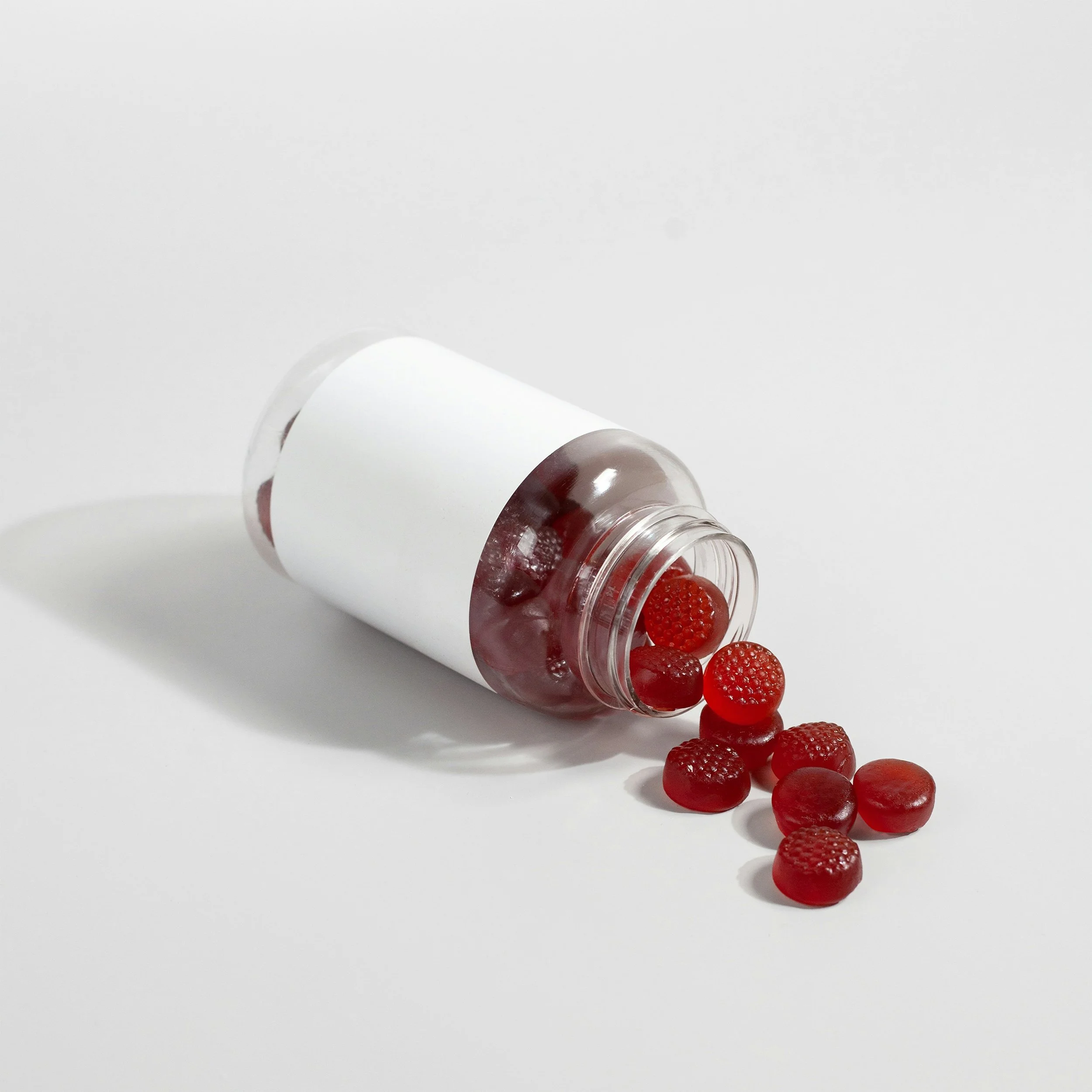Cold Weather Prep: Stocking Your Family Medicine Cabinet
As the days get shorter and the temperatures drop, many families find themselves battling more frequent colds, coughs, and fevers. Having a well-stocked medicine cabinet can turn stressful sick days into more manageable ones. Preparing now means fewer late-night pharmacy runs and more confidence in keeping your child comfortable when illness strikes.
Fever and Pain Relief
Acetaminophen (Tylenol or Genexa brands): This is safe for children of all ages and is particularly useful for reducing fever and easing discomfort from headaches, earaches, or sore throats. Keep both infant drops and children’s liquid or chewable forms on hand, depending on your child’s age. Remember that doses are based on weight, not age, so check the chart we’ve provided in past newsletters or reach out if you need clarification.
Ibuprofen (Motrin, Advil, or Genexa brands): This can be given to children over 6 months old and often provides longer relief—up to 6–8 hours—making it especially helpful for overnight fevers. It also works well for body aches and inflammation. A common strategy is alternating acetaminophen and ibuprofen in kids with high fevers, but always check with us first to make sure you’re using the right schedule and doses.
Always use the dosing syringe or cup that comes with the medicine—kitchen spoons are not accurate enough. Double-check expiration dates before the cold season begins.
Hydration Support
Oral Rehydration Solutions (like Pedialyte): These are especially important for children with vomiting, diarrhea, or fevers who may not be drinking enough fluids. They replace lost electrolytes and prevent dehydration. Many children like the flavored versions, and Pedialyte freezer pops are often a hit with little ones. It’s smart to keep a few bottles or packets in your pantry even if no one is sick yet.
Immune Support and Natural Remedies
Zinc: When started early, zinc can sometimes shorten the duration of cold symptoms. For children, look for age-appropriate lozenges or liquid drops. Be careful not to give more than the recommended daily amount, since too much zinc can cause stomach upset.
Elderberry: Elderberry syrup or gummies are popular for supporting the immune system. Some research suggests it may help reduce the severity and length of viral illnesses like the common cold or flu. Choose products specifically labeled for children and check for added sugar content.
Vitamin D: Many children, especially in northern climates during the winter, may not get enough vitamin D from sunlight. Supplementing with vitamin D drops can help support immune function.
Other Helpful Items
Digital Thermometer: An easy-to-read, reliable thermometer is essential. Ear and forehead thermometers are convenient, but digital oral or underarm thermometers are usually most accurate.
Nasal Saline and Suction Devices: Infants and toddlers can’t blow their noses effectively, so saline drops or sprays paired with a bulb syringe or suction device can make a big difference in easing congestion.
Humidifier: Running a cool-mist humidifier in your child’s room at night helps keep nasal passages moist and can relieve cough and congestion. Be sure to clean it regularly to prevent mold buildup.
Honey: For children over age one, honey can be a soothing natural remedy for coughs and sore throats. A teaspoon before bed may calm nighttime coughing.
Comfort Items: Popsicles, warm soups, and soft foods can help encourage hydration and soothe sore throats. Keeping a small stash of “sick day favorites” can make illness easier on everyone.
Tips for Staying Ahead
Do a “medicine cabinet check” now: discard expired items and make a list of what needs to be restocked.
Organize supplies in a dedicated box or bin so everything is easy to find during a middle-of-the-night fever.
Keep a note in your cabinet with dosing charts for both acetaminophen and ibuprofen, and write down your child’s current weight to avoid miscalculations.
Remember that supplements like elderberry and zinc can be helpful tools but are not a substitute for medical care when needed.
When to Call Us
Even the best-prepared cabinet can’t replace a doctor’s guidance. Call if your child has:
A fever over 104°F, or a fever that persists more than 3 days
Signs of dehydration (not urinating, dry lips and tongue, or unusual sleepiness)
Trouble breathing, wheezing, or fast breathing
Severe ear pain or sore throat lasting more than a day
Any illness that feels unusual or concerning to you as a parent
Final Reassurance
Illnesses are an inevitable part of childhood, but being prepared helps you care for your child with confidence and calm. With the right supplies ready to go, you’ll be able to comfort your child quickly, manage symptoms safely, and save yourself the stress of emergency pharmacy runs in the middle of winter nights.

